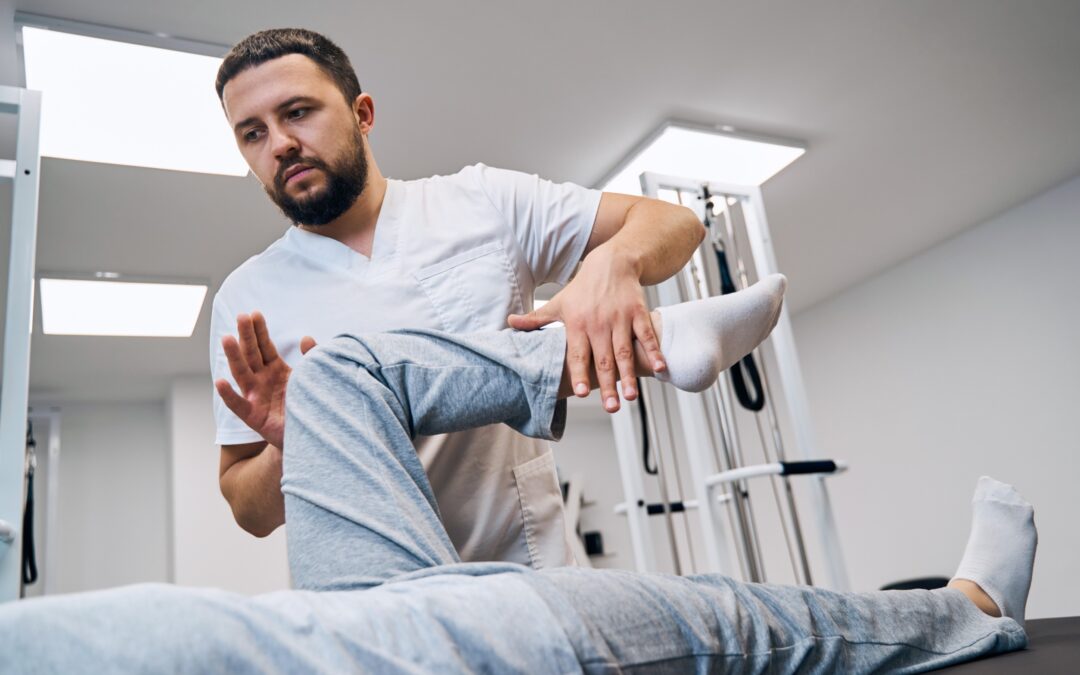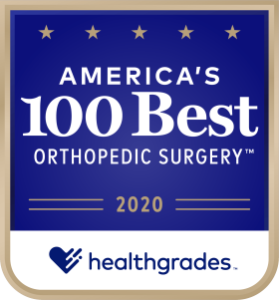
by Great Lakes Orthopaedics | May 16, 2023 | orthopedic blog
Nearly 56 million Americans—or nearly 17% of the US population—are 65 years of age or older.1 That number is expected to reach 80 million by the year 2040.2 A rapidly aging population means a growing number of orthopedic problems. As we get older, our bones and joints...

by Great Lakes Orthopaedics | Apr 5, 2023 | orthopedic blog
Orthopedic doctors have up to 14 years of medical training, including four years of undergraduate studies and four years of medical school. Training may include traditional medical school (a doctor of medicine degree or MD) or osteopathic education (a doctor of...

by Great Lakes Orthopaedics | Apr 5, 2023 | orthopedic blog
Are you experiencing joint pain or stiffness daily? Did you recently injure yourself on the basketball court or football field? Do you encounter neck or back pain from sitting at your work desk all day? If you answered “yes!” to any of these conditions,...

by Great Lakes Orthopaedics | Mar 15, 2023 | orthopedic blog
So, you just found out that you need hip replacement surgery. First thing’s first—plan ahead! There are several things you should take into consideration when choosing the best time to have surgery: weather, work, insurance, and holidays/vacation. Weather There are...

by Great Lakes Orthopaedics | Mar 10, 2023 | orthopedic blog
Hip replacement surgery is a fairly common procedure. In fact, more than 450,000 hip replacements are performed each year in the United States, and this number continues to climb as our population gets older.1 The hip is classified as a ball-and-socket joint that...

by Great Lakes Orthopaedics | Jan 18, 2023 | orthopedic blog
Having orthopedic surgery is no walk in the park (no pun intended). That’s why many people keep putting it off. It’s not really the surgery itself that they’re afraid of. It’s the recovery process. And honestly, some orthopedic surgeries are harder than others to...










